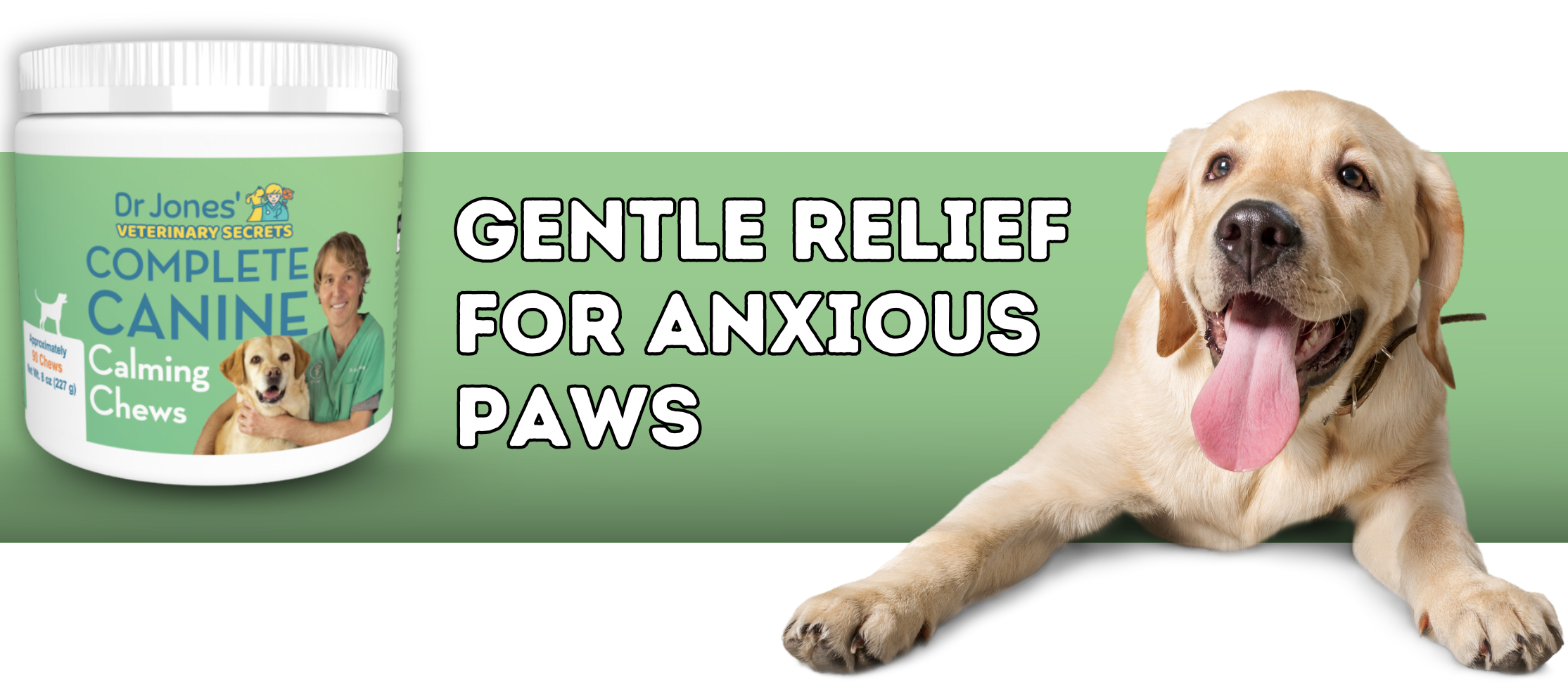Why is your Dog Acting Strange After Coming Back From Vacation

Understanding Your Dog’s Behavior After Vacation
The Emotional Impact of Separation
I recently returned from a vacation and noticed a significant change in my dog Tula’s behavior. She seemed mopey and indifferent, which made me realize that dogs, like humans, experience a wide range of emotions, including holding a grudge. This led me to explore the reasons behind our dogs’ strange behaviors after we return from a trip and how we can address them.
Routine Disruption: A Key Factor
One of the primary reasons for this behavior change is the disruption of routine. Dogs thrive on routine, and any deviation can cause them stress. During my vacation, Tula’s routine was disrupted, which likely contributed to her unusual behavior. To prevent this, it’s important to maintain a consistent routine, even when you’re away, by having a dog sitter follow your usual schedule as closely as possible.
Separation Anxiety and Depression
Another possible reason for your dog’s behavior could be separation anxiety or depression. Dogs can become anxious when they sense changes in their environment or routine, leading to behaviors like whining or barking. If these anxious behaviors are reinforced, it can lead to long-term anxiety and depression. Addressing separation anxiety involves training, potentially seeking help from a licensed behavioral trainer, and using natural aids to calm your dog’s emotions.
Overwhelm and Emotional Exhaustion
Dogs can also become overwhelmed and emotionally exhausted, just like humans. It’s important to be patient and give your dog time to readjust to your presence and routine. Try to empathize with your dog’s experience of being left alone and suddenly having their primary caregiver return.
Unintentionally Encouraging Unwanted Behaviors
We may inadvertently encourage our dogs’ strange behaviors by rewarding them with treats or extra attention when they act out. It’s crucial to return to your usual routine and interactions to avoid reinforcing these behaviors.
Negative Experiences with Pet Sitters or Illness
Consider whether your dog may have had a negative experience with a pet sitter or if they could be sick. Ensure your pet sitter is experienced and trustworthy, and if your dog’s behavior doesn’t improve, consider a visit to the veterinarian to rule out any health issues.
Reestablishing Routine and Bonding
To help your dog return to normal, focus on reestablishing your routine and reinforcing your bond. Engage in activities that your dog enjoys and provide a sense of normalcy, such as regular walks and consistent meal times. This can help your dog readjust and feel secure in their environment again.
In conclusion, understanding and addressing the reasons behind your dog’s behavior after a vacation can help them readjust more quickly and maintain a healthy, happy relationship.
